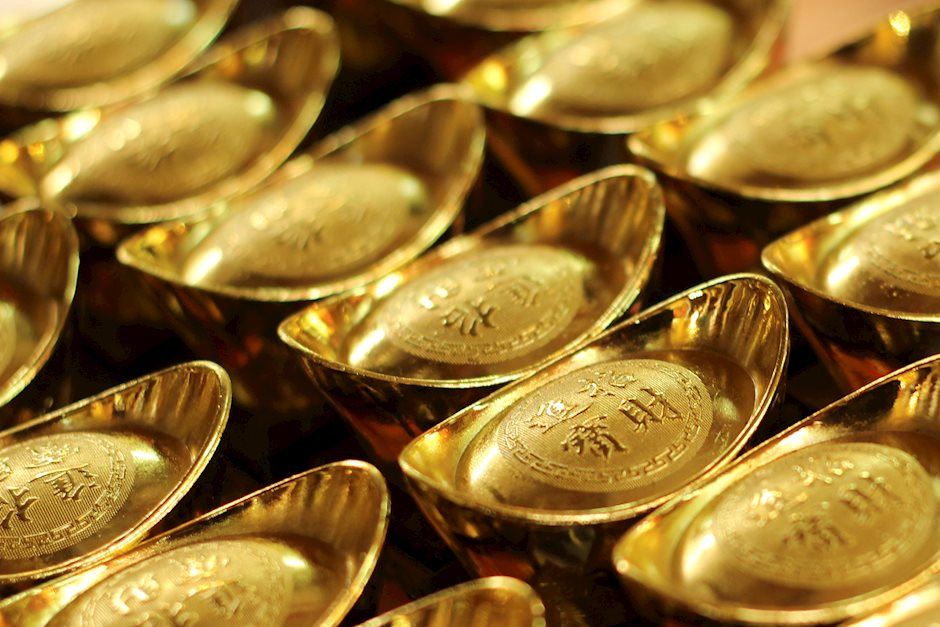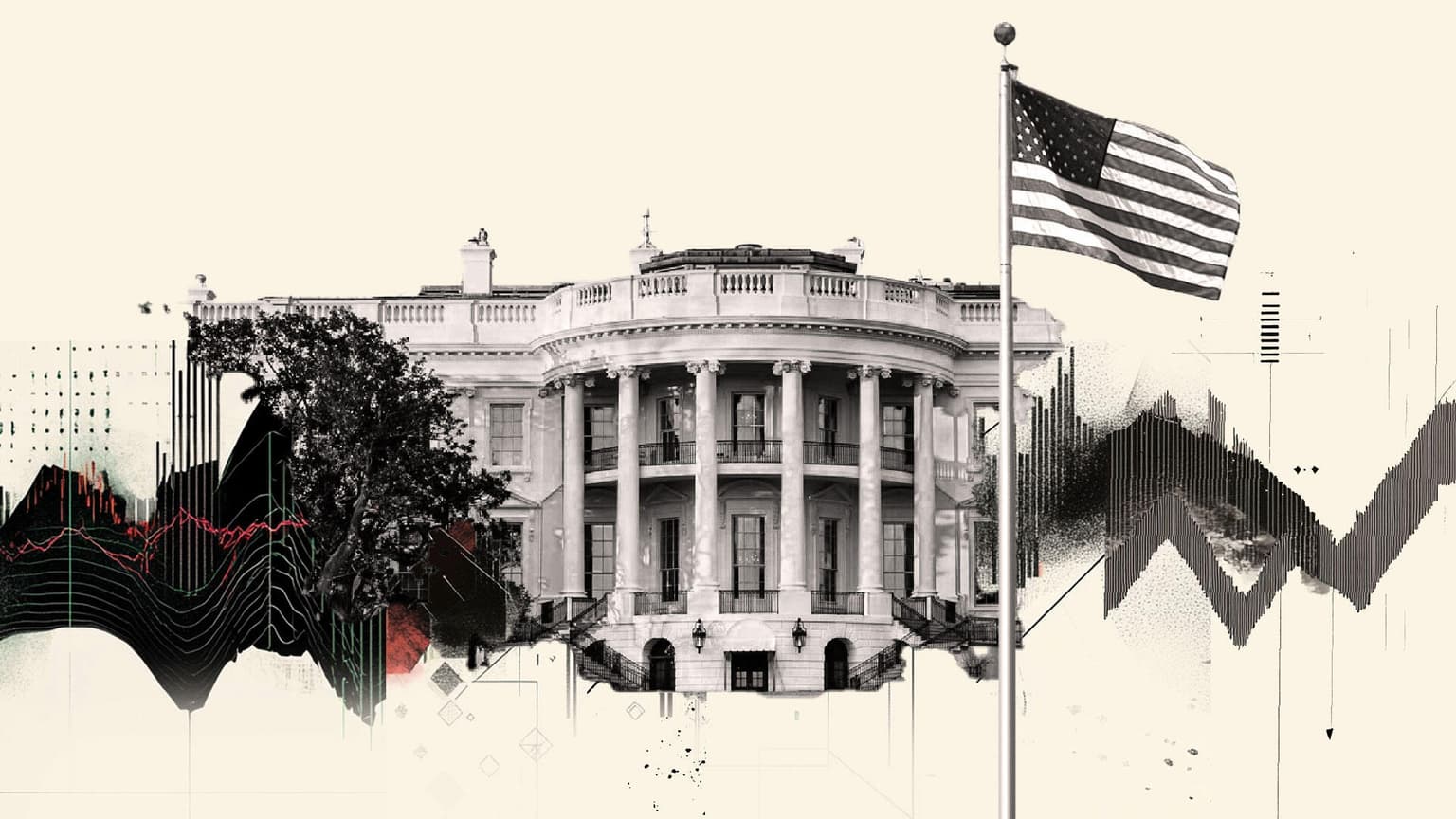Central bank Gold buying doubled in July

Central bank gold buying more than doubled in July, as policymakers showed a continued commitment to increasing the percentage of yellow metal in their reserves.
Globally, central banks added a net 37 tons of gold to their holdings in July, according to the latest data compiled by the World Gold Council (WGC). It was a 206 percent month-on-month increase and the highest level of central bank gold purchases since January.
This comes on the heels of record central bank gold purchases through the first half of the year.
This gold buying spree has continued despite record gold prices. The WGC noted that while the pace of buying slowed in Q2, it consistently remained positive.
"Central banks have shown an ongoing commitment to accumulating gold in recent months. ... We expect central bank demand for gold to continue in the coming months."
Poland was the biggest central bank gold buyer in the second quarter and it continued that trend in July, adding 14 tons of gold to its reserves. It was the largest monthly increase for the National Bank of Poland since November 2023. With the purchase, the country's reserves climbed to 392 tons and 15 percent of total reserves.
NBP Governor Adam Glapiński recently indicated the Bank of Poland will continue adding to its reserves with a goal of holding at least 20 percent of the country’s reserves in gold.
"This makes Poland a more credible country, we have a better standing in all ratings, we are a very serious partner, and we will continue to buy gold.”
In 2021, Glapiński announced a plan to expand the country’s gold reserves by 100 tons. The central bank reached that goal in September of '23 and kept buying.
When he announced the initial plan to expand its gold reserves, Glapiński said holding gold was a matter of financial security and stability.
"Gold will retain its value even when someone cuts off the power to the global financial system, destroying traditional assets based on electronic accounting records. Of course, we do not assume that this will happen. But as the saying goes – forewarned is always insured.
“And the central bank is required to be prepared for even the most unfavorable circumstances. That is why we see a special place for gold in our foreign exchange management process."
Glapiński also pointed out that “Gold is free from credit risk and cannot be devalued by any country’s economic policy. Besides, it is extremely durable, virtually indestructible.”
The Central Bank of Uzbekistan bought 10 tons of gold in July. It was the second consecutive month of gold buying. The Uzbek central bank tends to shift back and forth between buying and selling. It is not uncommon for banks that buy from domestic production – such as Uzbekistan and Kazakhstan – to switch between buying and selling.
India added another five tons of gold to its holding in July. The Reserve Bank of India has added gold every month this year with purchases totaling 43 tons.
The RBI has been buying gold since 2017. Over that period, it has increased its gold holding by over 260 tons.
An Indian economist told the Times of India that the push to accumulate gold was based on both political and economic reasons. He said that the "reliability" of the U.S. dollar has "diminished." He noted the "noticeable decline" in the confidence in U.S. dollar assets.
Another economist told the Times, “It makes a lot of sense (to invest in gold), given the increased volatility in the FX market, elevated interest rates in the U.S., and, of course, also as the central banks in each economy would like to diversify the asset classes in which they are parking their reserves.”
India recently transported 100 tons of its gold from the UK back into India.
The Central Bank of Jordan added another 4 tons of gold to its reserves in July. It was the third straight month of Jordanian gold buying.
Turkey continued to expand its gold holdings, although at a slower pace, adding 4 tons of gold to its reserves.
Turkey was the biggest buyer through the first half of 2024, adding 45 tons to its gold hoard. The bulk of its buying was in Q1, with the pace slowing to 15 tons in the second quarter.
The Turkish central bank has bought gold for 13 straight months after liquidating 160 tons of gold in the spring of 2023.
Other significant buyers in July were Qatar and the Czech Republic, both with 2-ton purchases. The Czechs have added gold to their holdings for 17 straight months.
Kazakhstan was the only notable seller, shrinking its reserves by 4 tons. The Central Bank of Kazakhstan holds 55 percent of its reserves in gold.
According to the most recent World Gold Council survey released in June, 29 percent of central banks plan to add more gold to their reserves in the next 12 months. The WGC said it was the highest level since the survey began in 2018.
Only 3 percent said they had plans to decrease gold reserves.
Earlier this year, the World Gold Council said the continuation of gold buying supports its expectation that "2024 will be another solid year of central bank gold demand."
"Last year central banks placed great emphasis on gold’s value in crisis response, diversification attributes, and store-of-value credentials. A few months into 2024 the world seems no less uncertain meaning those reasons for owning gold are as relevant as ever."
Last year, central bank gold buying fell just 45 tons short of 2022’s multi-decade record.
According to the World Gold Council, central banks net gold purchases totaled 1,037 tons in 2023. It was the second straight year central banks added more than 1,000 tons to their total reserves.
Central bank gold buying in 2023 built on the prior record year. Total central bank gold buying in 2022 came in at 1,136 tons. It was the highest level of net purchases on record dating back to 1950, including since the suspension of dollar convertibility into gold in 1971.
China was the biggest buyer in 2023.
Analysts at ANZ Bank recently said they expect central bank gold buying to remain hot for at least the next six years.
According to these analysts, "Depleted trust in the U.S. fixed-income assets and the rise of non-reserve currencies are other themes that could support central bank gold buying."
To receive free commentary and analysis on the gold and silver markets, click here to be added to the Money Metals news service.
Author

Mike Maharrey
Money Metals Exchange
Mike Maharrey is a journalist and market analyst for MoneyMetals.com with over a decade of experience in precious metals. He holds a BS in accounting from the University of Kentucky and a BA in journalism from the University of South Florida.

















